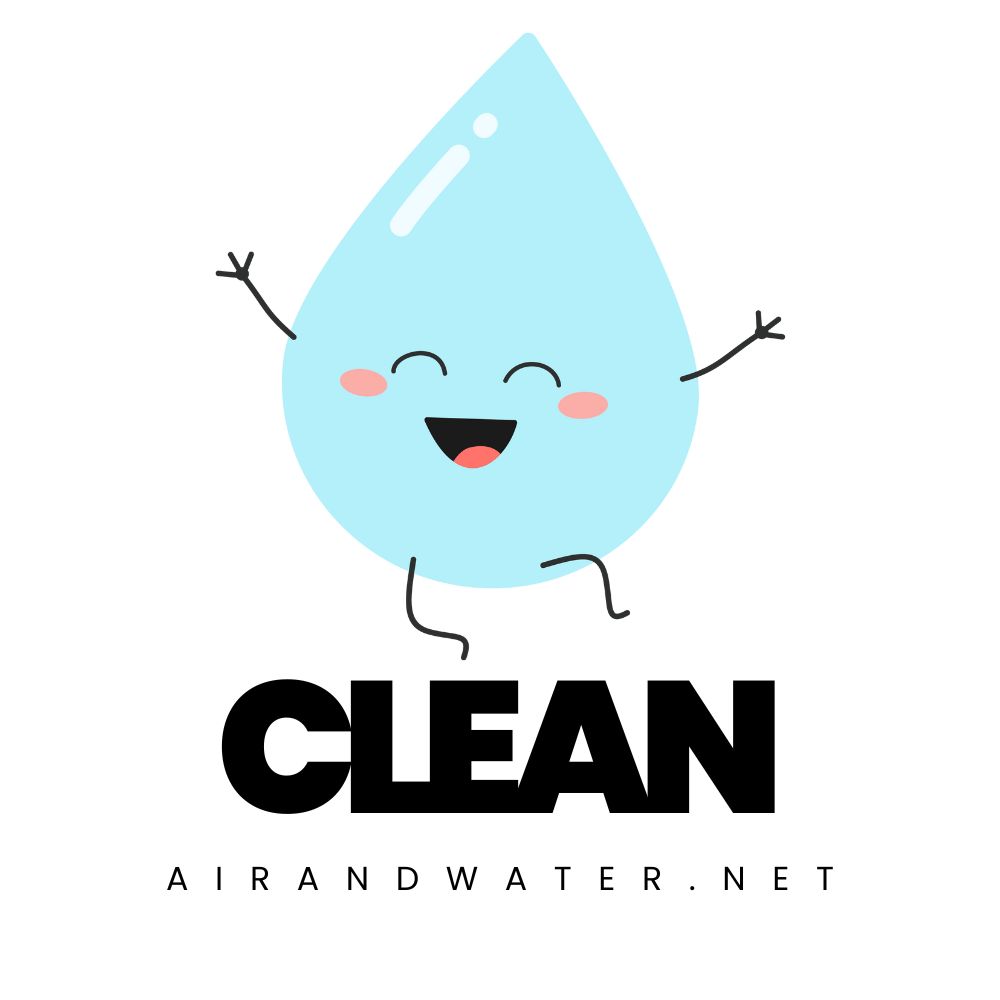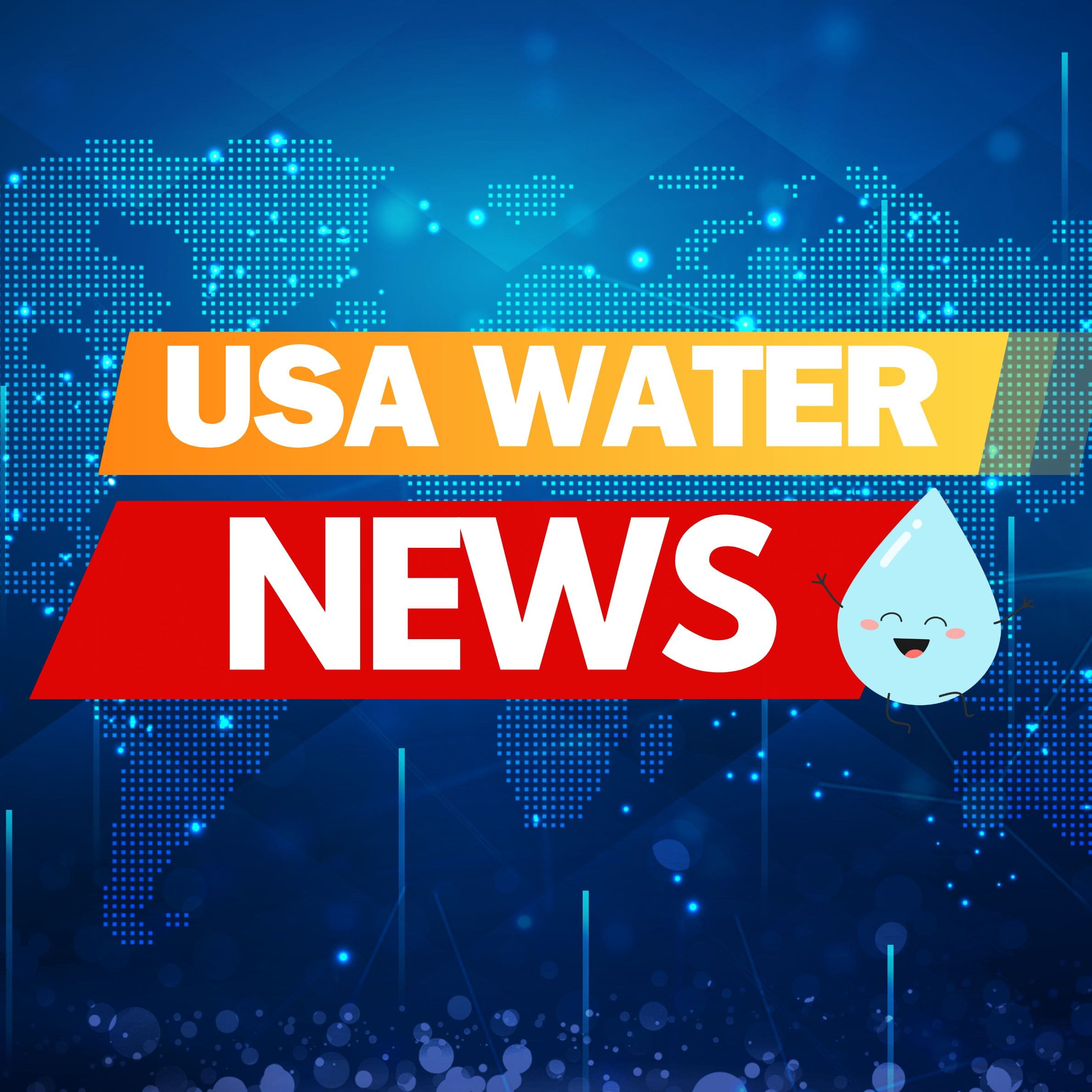Jacksonville Water Quality at a Glance
but concerns remain
Is Jacksonville Water Safe to Drink?
Generally Yes, Better Than Most Florida Cities – Jacksonville’s water comes from the deep Floridan Aquifer (800-1000 feet below surface) with natural clay protection from contamination. No PFAS detected in municipal testing, unlike many Florida cities. Primary concern is disinfection byproducts from chlorination, with trihalomethanes exceeding EPA limits at 141.46 ppb (EPA limit: 80 ppb).
⚠️ Key Points for Jacksonville Residents
- PFAS Status: None detected in JEA municipal testing; protected by deep aquifer source (unlike surface water systems)
- Disinfection Byproducts: Total trihalomethanes at 141.46 ppb exceed EPA limit of 80 ppb; haloacetic acids at 35.87 ppb below EPA limit
- Water Source Advantage: Deep Floridan Aquifer with natural clay barrier provides excellent protection from surface contamination
- Military Base Concern: PFAS detected at nearby Cecil Field Naval Air Station (3.9 ppt) – monitor for potential migration
Read the full report below for detailed analysis, testing data, and actionable recommendations for Jacksonville residents.
Jacksonville – Florida – Water Quality Report 2025: PFAS Testing, Infrastructure Concerns & Safety across your city
Jacksonville, Florida’s largest city by area and the largest city in the contiguous United States, serves over 950,000 residents through JEA (Jacksonville Electric Authority), which operates one of the nation’s largest municipal water systems. The utility manages approximately 4,200 miles of water mains, delivers over 110 million gallons daily across 840 square miles, and operates more than 100 wells drawing from the Floridan Aquifer.
Jacksonville’s water comes entirely from the Floridan Aquifer, one of the world’s most productive groundwater systems that underlies much of Florida and southern Georgia. This artesian aquifer naturally filters water through limestone at depths of 800-1,000 feet below the surface, protected by thick clay layers that prevent surface contamination. The city’s extensive water system serves both the urban core and suburban areas, including beaches, with a sophisticated network of treatment plants designed to handle the unique characteristics of Florida’s groundwater while ensuring compliance with all federal drinking water standards.
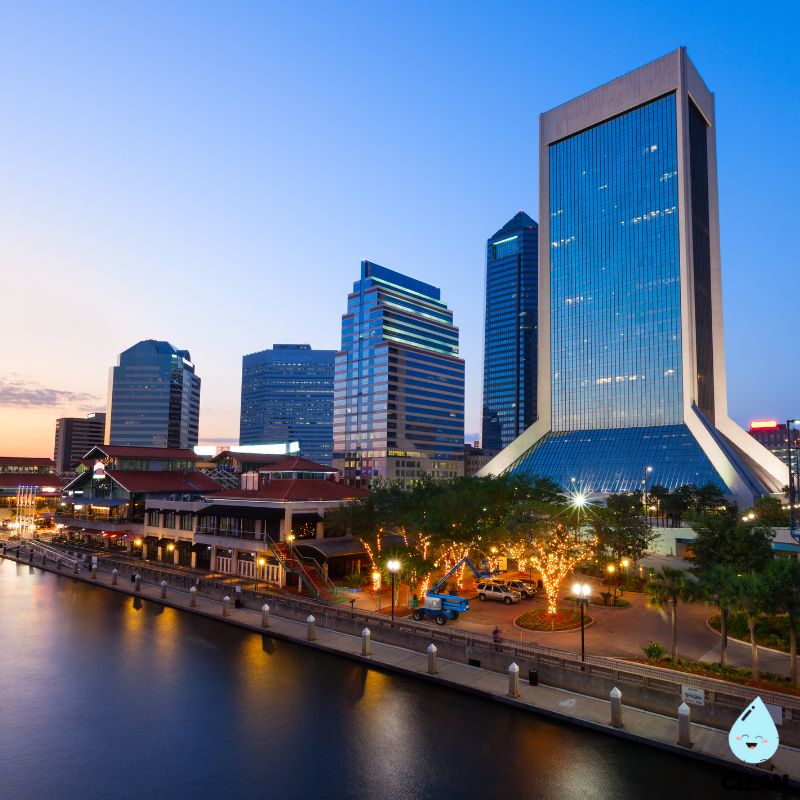
Jacksonville Water Quality: Current Status (2024-2025)
Latest Testing Results
- Lead Levels: The most recent testing period (2020) showed 90th percentile lead levels of 1.7 parts per billion (ppb), well below the EPA action level of 15 ppb, reflecting Jacksonville’s modern infrastructure and effective corrosion control.
- PFAS Status: JEA testing has not detected PFAS in municipal water systems, unlike many other Florida cities. However, PFAS was detected at nearby Cecil Field Naval Air Station at 3.9 parts per trillion.
- Testing Scope: JEA conducts over 45,000 water quality tests annually across its extensive distribution network, including routine lead monitoring at homes throughout the service area.
- Compliance Status: Jacksonville’s water meets all federal and state drinking water standards, maintaining full compliance with the Safe Drinking Water Act and Florida Department of Environmental Protection regulations.
Floridan Aquifer Advantage
- Naturally Filtered Source: The Floridan Aquifer provides water that has been naturally filtered through limestone for thousands of years, with thick clay layers providing protection from surface contamination.
- Deep Source Protection: Water is drawn from 800-1,000 feet below the surface, far deeper than most contamination sources, providing excellent natural protection.
- Abundant Supply: The aquifer’s massive capacity provides Jacksonville with a reliable, drought-resistant water source capable of meeting current and future demand.
- Protected Resource: Strict wellhead protection zones and aquifer recharge area management ensure long-term water quality and availability.
Treatment Processes
- Minimal Treatment Required: Due to excellent source water quality, treatment consists primarily of aeration to remove natural sulfur compounds, chlorination for disinfection, and fluoride adjustment.
- Disinfection Byproduct Management: While trihalomethanes have been detected at levels up to 141.46 ppb (exceeding EPA’s 80 ppb limit), haloacetic acids remain at 35.87 ppb, below the 60 ppb EPA limit.
- Corrosion Control: Optimal chemical dosing protects the extensive distribution system and reduces lead leaching from older plumbing materials.
Infrastructure Modernization
- Main Replacement Program: JEA systematically replaces aging water mains, prioritizing older pipes and areas with higher leak rates to improve system reliability.
- Smart Water Initiative: Advanced metering infrastructure deployment includes real-time leak detection and customer usage alerts, helping maintain efficient system operations.
- Resilience Planning: Infrastructure hardening for hurricane resistance and climate adaptation, including elevated facilities and flood-resistant equipment installations.
Environmental Stewardship
Jacksonville’s commitment to water sustainability includes comprehensive watershed protection, aquifer recharge enhancement projects, and innovative water conservation programs. JEA operates aquifer storage and recovery systems, storing excess treated water underground during low-demand periods. The utility also operates advanced water recycling programs, providing reclaimed water for irrigation and industrial uses, helping preserve the Floridan Aquifer for drinking water needs while reducing demand on the primary system.
Recommendations for Jacksonville Residents
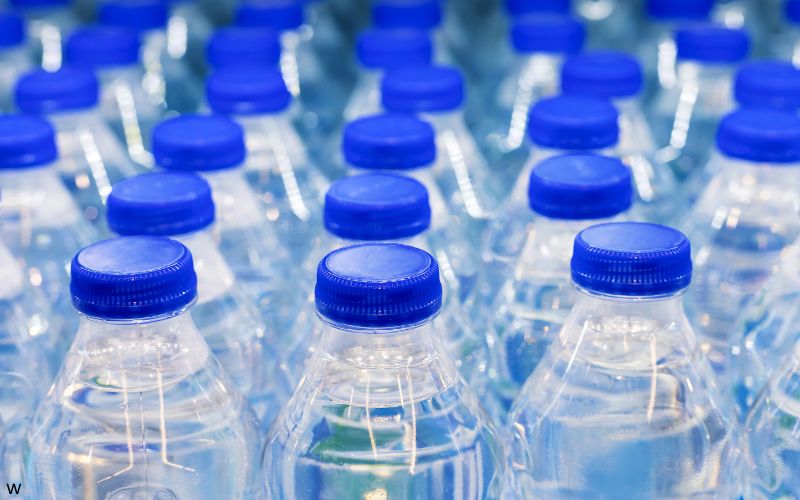
Hurricane Preparedness
Store at least 3 days of water (1 gallon per person per day) for hurricane season. Consider installing a generator-powered well pump or water storage system for extended outages.
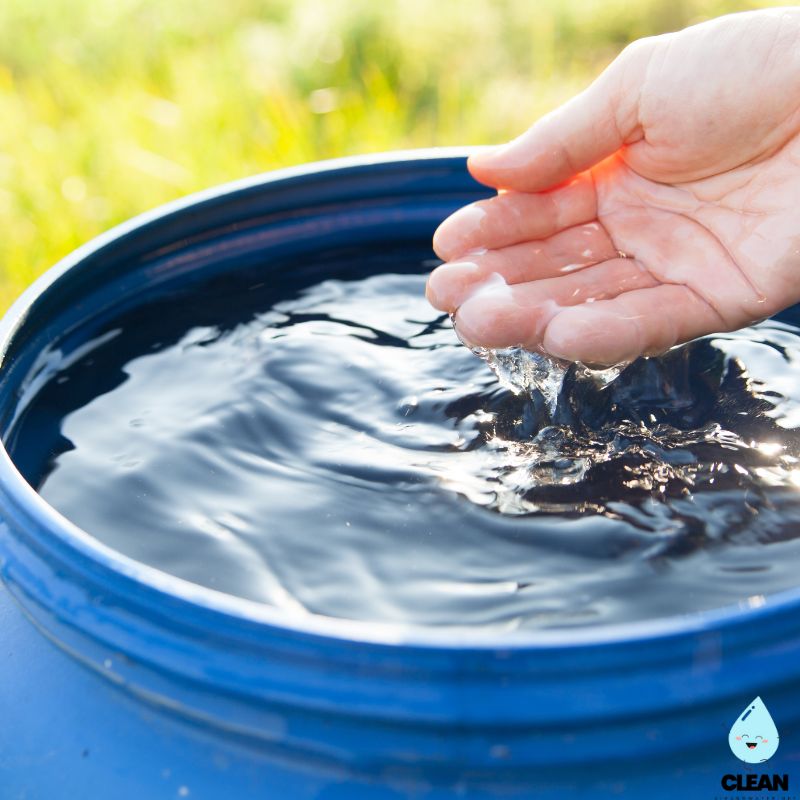
Conserve Year-Round
Follow JEA’s year-round watering restrictions (twice weekly based on address). Use native plants for landscaping and take advantage of rebates for efficient fixtures and irrigation systems.
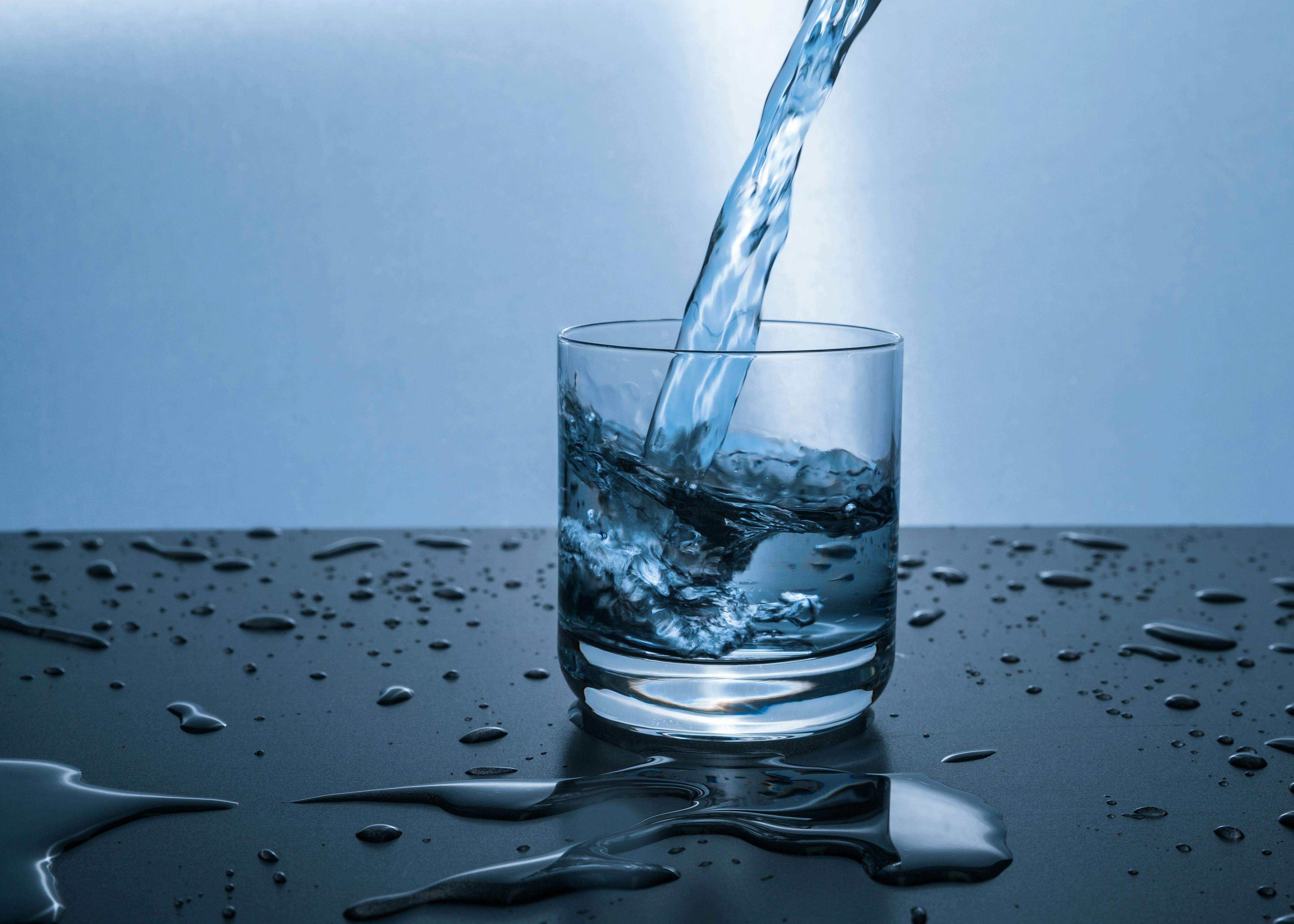
Consider Water Softening
Jacksonville’s naturally hard water may benefit from home water softening for appliance longevity. Choose salt-free systems to avoid environmental impacts and follow local ordinances for discharge.
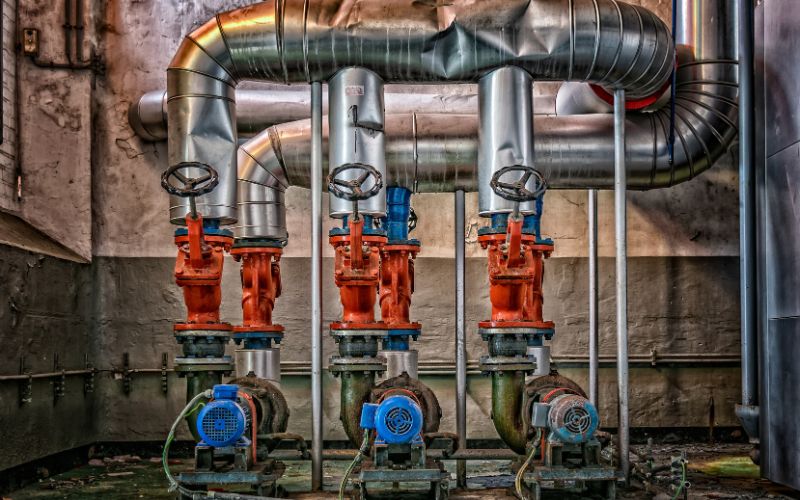
Maintain Your Septic
Many Jacksonville-area homes rely on septic systems. Regular maintenance helps protect groundwater quality. Never flush medications, and consider upgrading to advanced treatment systems in sensitive areas.

Use MyJEA Tools
Sign up for MyJEA online services to monitor water usage, receive leak alerts, and access water quality reports. Set up automatic notifications for any service interruptions or water advisories.
Quality News About Your Water
Get the comprehensive water quality news coverage you need with our dedicated US Water News Service. From coast to coast, we deliver in-depth reporting and expert analysis on PFAS contamination, EPA regulatory changes, infrastructure developments, and emerging water safety issues affecting communities nationwide. While mainstream media only covers the biggest stories, we provide the detailed, ongoing coverage that helps you understand the full scope of America’s water challenges. Whether you’re a concerned citizen, water professional, or community leader, our daily updates and analytical insights keep you informed about the issues that matter most to public health and environmental safety.
Frequently Asked Questions
Is Jacksonville’s tap water safe to drink?
Yes, Jacksonville’s tap water is safe and meets all federal and state drinking water standards. Our water comes from the pristine Floridan Aquifer, which naturally filters water through limestone at depths of 800-1,000 feet below the surface. JEA conducts over 45,000 water quality tests annually and publishes detailed results in our annual Water Quality Report.
The natural limestone filtration process removes most contaminants while adding beneficial minerals like calcium and magnesium. Jacksonville has not detected PFAS in municipal testing, unlike many other Florida cities. All water is further treated with state-of-the-art technology, including chlorination for disinfection and corrosion control to protect distribution pipes. If you live in a home built before 1987, you may want to test for lead as a precaution, though our system shows very low lead levels overall (1.7 ppb vs. EPA action level of 15 ppb).
Why is Jacksonville water so hard?
Jacksonville’s water is naturally hard (typically 12-15 grains per gallon) because it comes from the Floridan Aquifer, where water dissolves minerals from limestone rocks. This natural process adds beneficial calcium and magnesium to our water supply.
Hard water is not harmful to health – in fact, it may provide beneficial minerals. However, it can cause:
• Scale buildup on fixtures and appliances
• Soap scum in showers and sinks
• Increased detergent use for cleaning
Many residents install water softeners for convenience. Choose systems wisely, as saltwater discharge can impact the environment and some newer systems are salt-free alternatives.
How does Jacksonville prepare for hurricanes?
JEA maintains extensive hurricane preparedness protocols to ensure water service continuity during tropical storms and hurricanes:
• Infrastructure Hardening: Elevated and flood-resistant facilities, backup generators, and reinforced critical equipment
• Emergency Stockpiles: Treatment chemicals, fuel, and repair materials stored at multiple secure locations
• Pre-staging: Repair crews and equipment positioned strategically before storms
• Inter-utility Cooperation: Mutual aid agreements with other utilities for rapid response and recovery
• Customer Communication: Real-time updates via social media, websites, and mobile apps
Residents should still maintain personal emergency supplies: 1 gallon per person per day for at least 3 days.
What are Jacksonville’s water restrictions?
Jacksonville follows year-round water conservation rules designed to protect our water resources:
Standard Restrictions:
• Twice weekly watering based on address (even/odd)
• No irrigation between 10 AM and 4 PM
• Use rain shut-off devices
• No excessive water use (washing driveways, etc.)
Drought Level Restrictions:
• Level 1: Voluntary conservation (current baseline)
• Level 2: Once weekly watering maximum
• Level 3: Emergency restrictions with significant penalties
Visit jea.com/conservation for current drought level and specific requirements. Violations may result in fines or service disconnection.
Contaminants of Concern
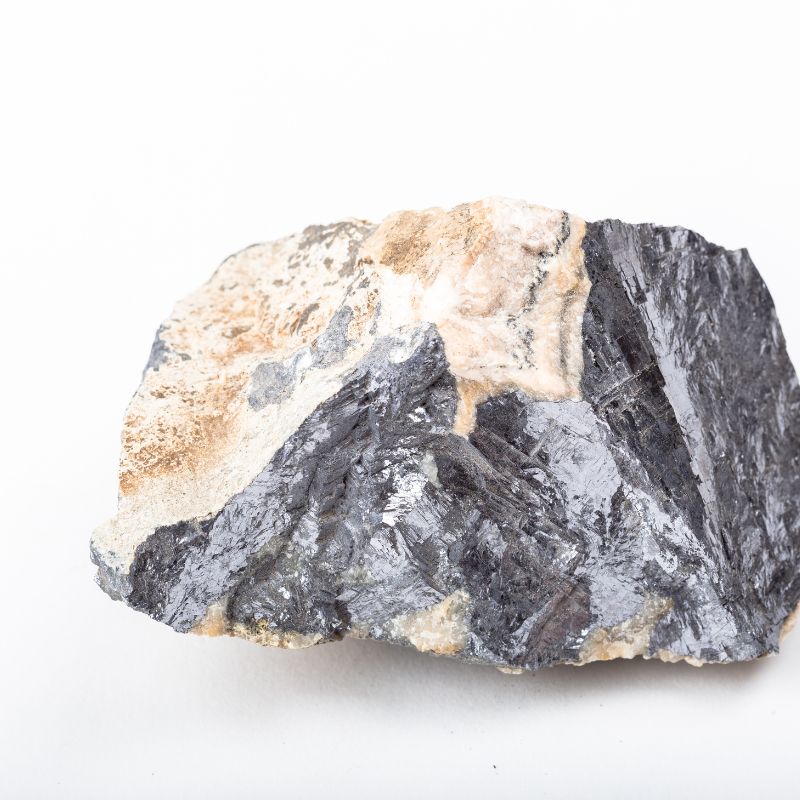
Disinfection Byproducts
Source: Form when chlorine used for disinfection reacts with natural organic matter in groundwater
Health Effects: Long-term exposure to elevated levels may increase risks of bladder cancer and reproductive effects
Current Status: Total trihalomethanes detected at 141.46 ppb (exceeds EPA limit of 80 ppb); haloacetic acids at 35.87 ppb (below EPA limit of 60 ppb)

Calcium and Magnesium (Hard Water)
Source: Naturally occurring minerals dissolved from limestone as water passes through the Floridan Aquifer
Health Effects: These minerals are actually beneficial for health, contributing to daily calcium and magnesium intake. No negative health effects
Current Status: Typical levels of 12-15 grains per gallon; considered cosmetic issue affecting appliances and cleaning, not a health concern
Please read – our information
The information presented on cleanairandwater.net is compiled from official water quality reports, trusted news sources, government websites, and public health resources. While we strive for accuracy and thoroughness in our presentations, we are not scientists, engineers, or qualified water quality professionals.
Our mission is to present water quality information in an accessible, real-world format that helps people understand what’s in their water and make informed decisions about their health and safety. We believe that complex environmental information should be available to everyone in a format that’s easy to understand.
We make every effort to ensure our content is current and accurate, but we cannot guarantee that all information is complete or error-free. This website should not replace official communications from your local water utility or health department. We always recommend consulting official sources for the most up-to-date information regarding your specific water system.
Clean Air and Water is not liable for any unintentional errors, omissions, or outdated information. The content on this site is provided for informational purposes only and should not be considered professional advice.
